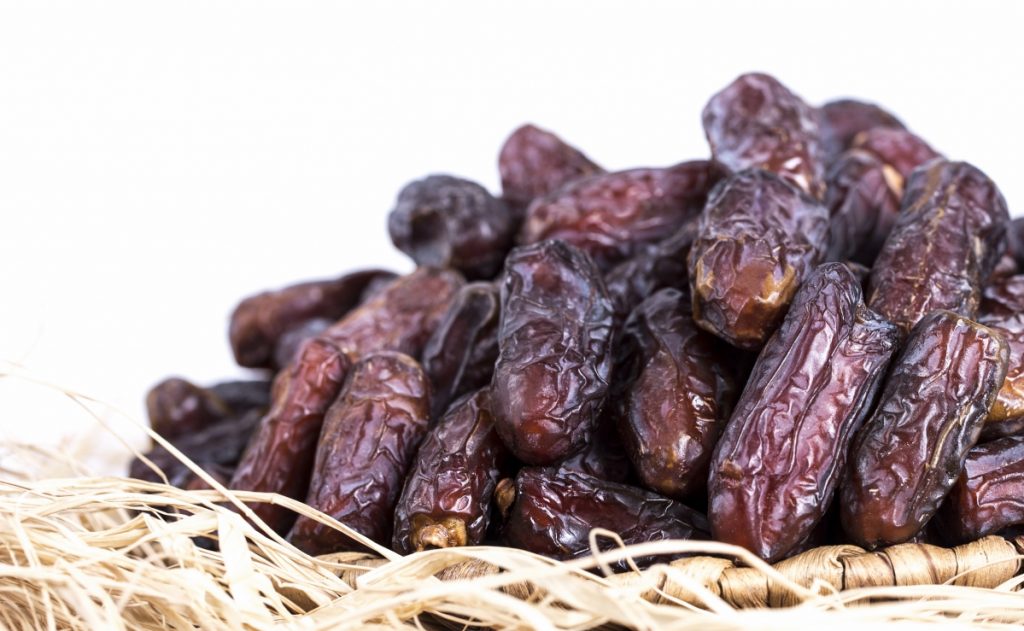
Unveiling Kurma: Authenticity, Quality & Reputable Brands
Introduction
Exploring the World of Kurma
Kurma, also known as dates, is a remarkable fruit with a rich history and a wide range of varieties. In this blog post, we will delve into the exquisite world of Kurma and explore the significance of authenticity, quality, and reputable brands when it comes to purchasing dates. By understanding certifications, labels, and strategies to identify reliable sellers, customers can ensure that they are getting the finest Kurma and have a satisfying and rewarding experience.
The Quest for Authenticity and Quality
1. Certifications and Labels
Understanding the Importance of Certifications
Certifications play a crucial role in guaranteeing the authenticity and quality of dates. Look for the following certifications:
Organic Certification:
Organic certification ensures that the dates are grown without the use of synthetic pesticides or fertilizers. Look for recognized organic certifications such as USDA Organic or EU Organic.
Fair Trade Certification:
Fair trade certification ensures that the dates are sourced from farmers who are paid fair prices and work under ethical conditions. Look for certifications like Fairtrade International or Fair for Life.
Protected Geographical Indication (PGI) or Protected Designation of Origin (PDO):
These certifications indicate that the dates come from a specific region and possess unique qualities associated with that region. Examples include Medjool dates from the Bard Valley in Arizona (USA) or Ajwa dates from Medina (Saudi Arabia).
2. Identifying Reputable Brands and Sellers
Research and Reviews:
Conduct thorough research and read customer reviews to identify reputable brands and sellers. Look for feedback on the quality, taste, and customer satisfaction associated with specific brands.
Established and Trusted Brands:
Opt for well-established brands with a long-standing reputation for providing high-quality Kurma. These brands have often built trust over time and prioritize customer satisfaction.
Direct Sourcing:
Consider purchasing from sellers who have a direct relationship with the date producers. This ensures greater transparency and traceability in the supply chain, giving customers more confidence in the authenticity and quality of the dates.
Strategies to ensure the traceability of dates in the supply chain:
Ensuring traceability in the supply chain of dates requires implementing certain strategies. Here are some effective approaches to ensure traceability:
1. Documentation and Record-Keeping:
– Maintain comprehensive records at each stage of the supply chain, documenting key information such as date of harvest, location, processing methods, and transportation details.
– Implement a robust system for tracking and recording data, including batch numbers or lot codes, to trace the journey of dates from farm to consumer.
2. Transparent Supply Chain Networks:
– Foster transparency among suppliers, processors, distributors, and retailers by establishing clear communication channels and sharing relevant information regarding the origin and handling of dates.
– Encourage suppliers to disclose their sources and provide verifiable documentation to ensure traceability.
3. Quality Control and Testing:
– Conduct regular quality control checks and testing of dates throughout the supply chain to verify their authenticity, nutritional value, and adherence to safety standards.
– Implement rigorous testing for pesticides, contaminants, and other quality parameters to maintain the integrity of the product.
4. Implementing Technology Solutions:
– Utilize modern technologies like barcode systems, RFID (Radio Frequency Identification), or QR codes to track and trace dates at various stages of the supply chain.
– Employ software applications or blockchain technology to create a decentralized and immutable ledger for recording and verifying information related to dates.
5. Auditing and Certification:
– Engage in regular audits conducted by independent third-party organizations to verify compliance with standards and regulations.
– Seek certifications such as ISO 22000 (Food Safety Management System) or GlobalG.A.P. (Good Agricultural Practices) that ensure traceability and quality control.
6. Collaboration and Partnerships:
– Foster collaborations with suppliers, industry associations, and regulatory bodies to establish industry-wide traceability standards and practices.
– Participate in initiatives that promote traceability, such as industry working groups or collaborations focused on enhancing transparency in the date supply chain.
By implementing these strategies, stakeholders in the date supply chain can enhance traceability, increase consumer confidence, and effectively manage the quality and authenticity of dates from farm to fork.
Conclusion
When it comes to Kurma, authenticity, quality, and reputable brands are paramount. By understanding the importance of certifications and labels, customers can make informed choices and select dates that meet their desired standards. Additionally, conducting research, reading reviews, and opting for established brands or direct sourcing can further enhance the likelihood of a delightful and satisfying Kurma experience. So, embark on your Kurma journey with confidence, knowing that you are savoring the finest dates nature has to offer.